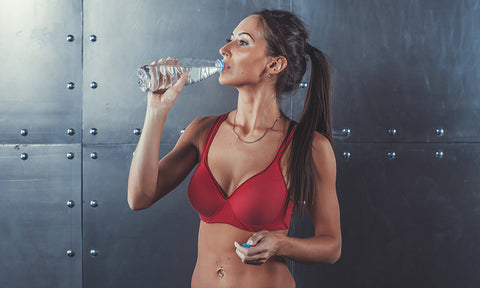|
As we said, every person's body is different. There is no one size fits all. For the average person that doesn't have a medical issue or lose an extreme amount of fluids through their exercise or any other activity, maintaining your hydration can be as simple as the appropriate water intake for your body's daily adventures and activities. Our bodies are cleverly designed to hydrate naturally and efficiently, it's that simple. Our life depends upon it.
However, we don't live in the sanctuary of a bubble. The modern day body is experiencing barriers to optimal hydration health caused by invasive toxins in most everything our body ingests, including the air we breath. For a first world country, the fact that the majority of us in the U.S. are chronically dehydrated is unacceptable. Something is wrong, and something has to shift.
At ORAL I.V., we believe in simplicity. Understanding how the body's hydration process works on a cellular level has given us the insight to shift our thinking. Knowing that if we simply drink enough water AND give our bodies the ideal amount of trace minerals and electrolytes required to trigger the hydration process with structured water as the conduit, we can achieve healthy hydration. Simply and naturally.
|

